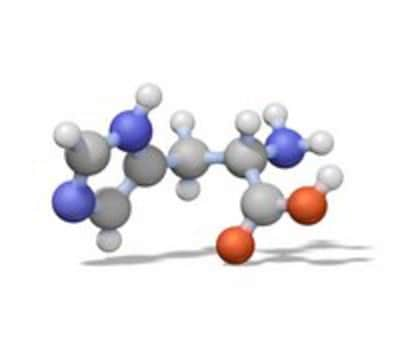T7659
Trypsin Inhibitor, Defined (1X) Solution
Animal component free, BioReagent, suitable for cell culture
About This Item
Produits recommandés
Niveau de qualité
Stérilité
sterile-filtered
Gamme de produits
BioReagent
Forme
solution
Technique(s)
cell culture | mammalian: suitable
Conditions d'expédition
dry ice
Température de stockage
−20°C
Application
Forme physique
Reconstitution
Vous ne trouvez pas le bon produit ?
Essayez notre Outil de sélection de produits.
Mention d'avertissement
Danger
Mentions de danger
Conseils de prudence
Classification des risques
Resp. Sens. 1 - Skin Sens. 1
Code de la classe de stockage
12 - Non Combustible Liquids
Classe de danger pour l'eau (WGK)
WGK 2
Point d'éclair (°F)
Not applicable
Point d'éclair (°C)
Not applicable
Équipement de protection individuelle
Eyeshields, Gloves, multi-purpose combination respirator cartridge (US)
Certificats d'analyse (COA)
Recherchez un Certificats d'analyse (COA) en saisissant le numéro de lot du produit. Les numéros de lot figurent sur l'étiquette du produit après les mots "Lot" ou "Batch".
Déjà en possession de ce produit ?
Retrouvez la documentation relative aux produits que vous avez récemment achetés dans la Bibliothèque de documents.
Les clients ont également consulté
Protocoles
Natural trypsin inhibitors (serpins) regulate protein activation and catabolism by inhibiting serine proteases in vivo.
Natural trypsin inhibitors (serpins) regulate protein activation and catabolism by inhibiting serine proteases in vivo.
Natural trypsin inhibitors (serpins) regulate protein activation and catabolism by inhibiting serine proteases in vivo.
Natural trypsin inhibitors (serpins) regulate protein activation and catabolism by inhibiting serine proteases in vivo.
Notre équipe de scientifiques dispose d'une expérience dans tous les secteurs de la recherche, notamment en sciences de la vie, science des matériaux, synthèse chimique, chromatographie, analyse et dans de nombreux autres domaines..
Contacter notre Service technique






